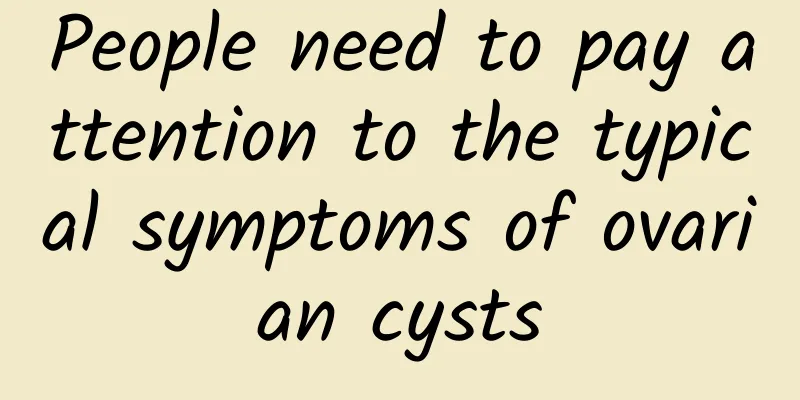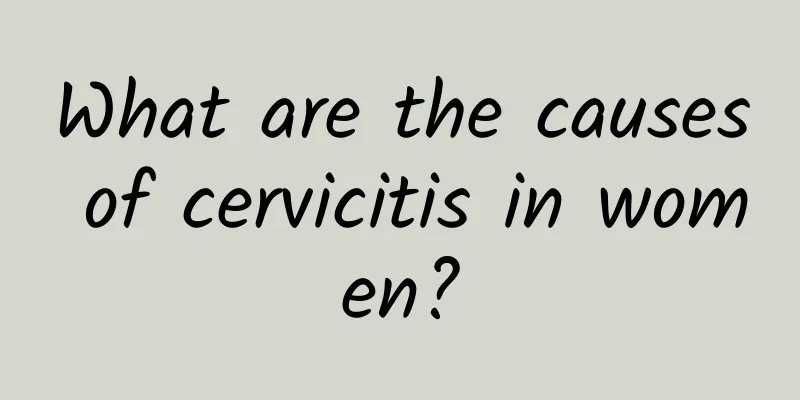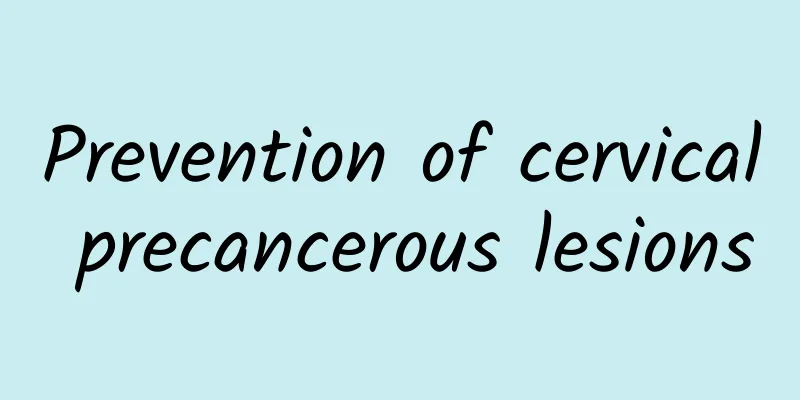Avoid the increase of visceral fat with this trick! "Limited sugar diet" can only be sustained by doing this

|
How to avoid visceral fat gain - Eliminate the body's reaction to visceral fat gain The real culprit that causes the increase of visceral fat has been explained to you in the previous chapter. Next in this chapter, we will explain to you one by one how to avoid the increase of visceral fat. The way to avoid the increase of visceral fat is actually very simple, just don't consume sugar. The method to avoid the increase of visceral fat is actually very simple. Just do not consume sugar, because sugar is the real culprit that causes the increase of visceral fat. After consuming sugar, the secretion of insulin will increase, so this will become the switch that turns on the increase of visceral fat. Therefore, this chain reaction must be cut off first. What is the divergence point for the increase in secretion of the obesity hormone "insulin"? How much sugar intake will increase insulin secretion? This will vary depending on each person's physical condition and previous energy consumption status such as exercise. Especially when you are not used to exercising, it is said that as long as an adult consumes 5g of sugar, the secretion of insulin will increase. And there is a reason why we don't ask whether insulin "will be secreted" but rather "whether it will increase". As mentioned before, a state of zero insulin is life-threatening, so the human body normally secretes a small amount of insulin at all times. Different degrees of sugar restriction If you consume more than 5g of sugar, insulin secretion will increase, causing visceral fat to increase. Therefore, in order to avoid increasing visceral fat, "just control the sugar content of one meal to less than 5g." This is what is called "quitting sugar", so as you can imagine, the difficulty lies in the fact that the threshold is quite high. Of course, staple foods such as rice, bread, and noodles must be excluded, seasoning is basically limited to salt, and in principle, all commercially available reduced-sugar foods are unqualified. Although this is the healthiest approach, it is an indisputable fact that many people are unable to put it into practice. The easiest way to do this is to keep sugar intake below 20g per meal. The sugar-restricted diet, which is easier to implement in reality, has slightly looser standards, with the goal of "less than 20g of sugar per meal." This level of sugar can suppress the rapid rise in blood sugar levels. The sugar intake per meal should be below 40g, which means that staple foods such as rice, bread, and noodles must be excluded, but the sugar contained in seasonings can be consumed more. A simple "sugar-restricted diet" basically aims to keep sugar intake below 20g per meal. Although the effect is not as good as cutting out sugar, the advantage is that it is “easy to stick to it”. This article is from the book "Fat Burning Diet to Lose 14 Kilograms of Visceral Fat in One Year" published by Jinghao Publishing |
Recommend
Why do I get vulvar leukoplakia in late pregnancy? What should I do if I have vaginitis in late pregnancy?
Pregnancy is a very special and important stage i...
Can having ovarian cysts affect life expectancy?
First, understand the nature of the cyst. If it i...
Gain muscle and lose fat! Turkish Yogurt Egg Salad for Breakfast
Are you afraid to see people because of the baggy...
What harm will cervical warts cause to patients
As the saying goes, what you fear will come true....
How to cure chronic pelvic inflammatory disease
Chronic pelvic inflammatory disease (Pelvic infla...
Is it easy to treat thick endometrium? Can thick endometrium be cured by taking Chinese medicine?
At present, with the rapid development of society...
Is pelvic inflammatory bleeding serious?
Bleeding from PID may indicate a serious conditio...
Daily care of vulvar leukoplakia in life
Nowadays, more and more female friends are suffer...
The "intermittent fasting" weight loss method is very popular, how to eat effectively? Protein is essential, experts teach you how to eat it more
If you want to lose weight, you can eat like this...
How to treat second-degree cervical erosion? 4 treatment options for second-degree cervical erosion
Cervical erosion is a common disease among women....
When should adults get the flu shot?
The best time for adults to get the flu shot is u...
Analyze the common complications of abortion
Although abortion is a very common operation and ...
Traditional Chinese medicine treatment for uterine fibroids Chinese medicine hot compress is effective
How does Traditional Chinese Medicine treat uteri...
Control your appetite in autumn! 7 Acupoints Mission Accomplished
Does your appetite whet as autumn arrives? Do you...
What are the methods for women to treat cervical erosion? 3 secret recipes for women to treat cervical erosion
Cervicitis and cervical erosion are both common d...









